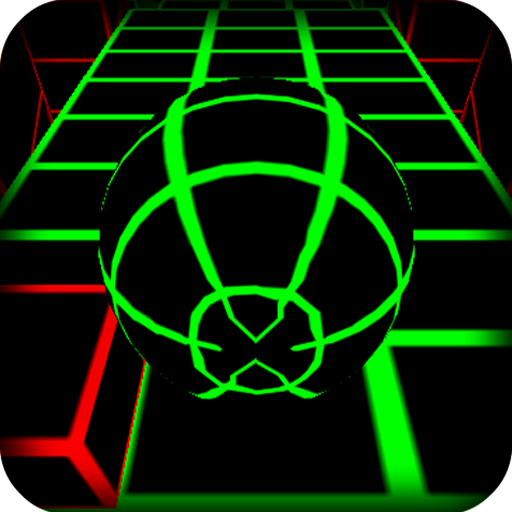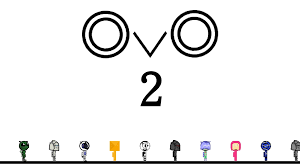4.9/5 - (6452 votes)
Endless Runner
New Games
Sport Games
More Games
Introduction
Slope is an immensely popular 3D endless runner game known for its simple yet challenging gameplay. Since its release, Slope has amassed over 200 million downloads and continues to captivate players worldwide. Let’s look at the origin and evolution of this addictive running game.
Gameplay
In Slope, players control a ball rolling down a procedurally generated slope filled with obstacles and gaps. The goal is to avoid falling off the edges and survive as long as possible as speed increases. Players use left and right arrow keys to maneuver and must dodge barriers and pits through skillful movements. High scores are achieved by traveling the farthest distance.\
Controls
- Tilt phone left to roll ball left
- Tilt phone right to roll ball right
The direction and speed of your tilts impact the ball momentum. Gentle maneuvers work best rather than sudden jerks.
Time movements accurately to pass through small openings or stick to tighter paths. Plan ahead when encountering new obstacle combinations.
Goals & Upgrades
- Get as far as possible on each run before crashing
- Earn coins to purchase powerup upgrades
- Beat personal high scores and compete on leaderboards
- Unlock unique ball skins from the rewards
How to Play
The core objective is navigating the endless descent while avoiding obstacles. Precise arrow key movements are needed to dodge barriers and gaps in the slope. Players must anticipate upcoming obstacles to react quickly as speed increases. Patience and practice help players achieve high scores by continuously rolling farther distances.
History
These simplicity-driven games first emerged in the early 2010s mobile gaming era. One pioneer was 2011’s Impossible Slope, challenging players to guide a ball down a treacherous hill filled with jumps and obstacles. Its one-button controls resonated.
The formula exploded around 2016 as the hyper-casual gaming genre rose to prominence. Focused app publishers like Ketchapp flooded their libraries with endless quick-fix titles centered around navigating downhill obstacle courses and overcoming death-defying drops.
Hits removing complexity in service of engagement soon amassed countless downloads. The core premise remained unchanged – navigate a perpetually falling character down mountainous terrain in one piece. Yet new coats of paint and game modes ensured widespread variety.
Over time these distilled skill-based titles have become a staple comfort food genre thanks to their snacking-friendly value. Though novel spins emerge, the underlying motivation remains directional guidance rather than in-depth missions.
By eliminating excess content and detail in favor of immediacy, the essence of slope games persists as a nostalgic mainstay alongside evolving contemporary mobile gaming formats. Their vintage templates continue satisfying the human urge for one-step stimulation.
Early Development
Slope was developed by indie game studio Pickaxe Technology LLC, founded in 2015. Pickaxe focused on creating replayable games with simple mechanics but hard-to-master skill ceilings. Slope embodied this approach with its straightforward controls and randomly generated slopes.
Release and Reception
Slope was released in 2016 on web browsers. Its concept of an endless descent down a hazardous slope that gains speed over time instantly appealed to players. Slope quickly built a dedicated player base drawn to its quick replayability and leaderboard competition.
Mobile Expansion
Given the success of the web version, Pickaxe expanded Slope to iOS and Android devices in 2017, allowing mobile gamers to enjoy the experience on the go. This significantly grew the game’s reach and player numbers.
Ongoing Updates
Pickaxe continued supporting Slope with new themed slopes, customization unlocks, and gameplay tweaks. Special limited-time slopes tied to brands like ESPN and KFC generated buzz. These updates helped retain players.
Continued Popularity
Years after release, Slope remains widely popular today. Simple pick-up-and-play controls combined with procedurally generated slopes make every run feel fresh. Dedicated players still compete for high scores.
Conclusion
Slope’s compelling formula of quick retryability and leaderboard chasing has enabled it to become one of the most popular mobile and web runner games. Pickaxe’s commitment to updating Slope has kept its momentum going years after launch.
Blog
No Content Available




















































